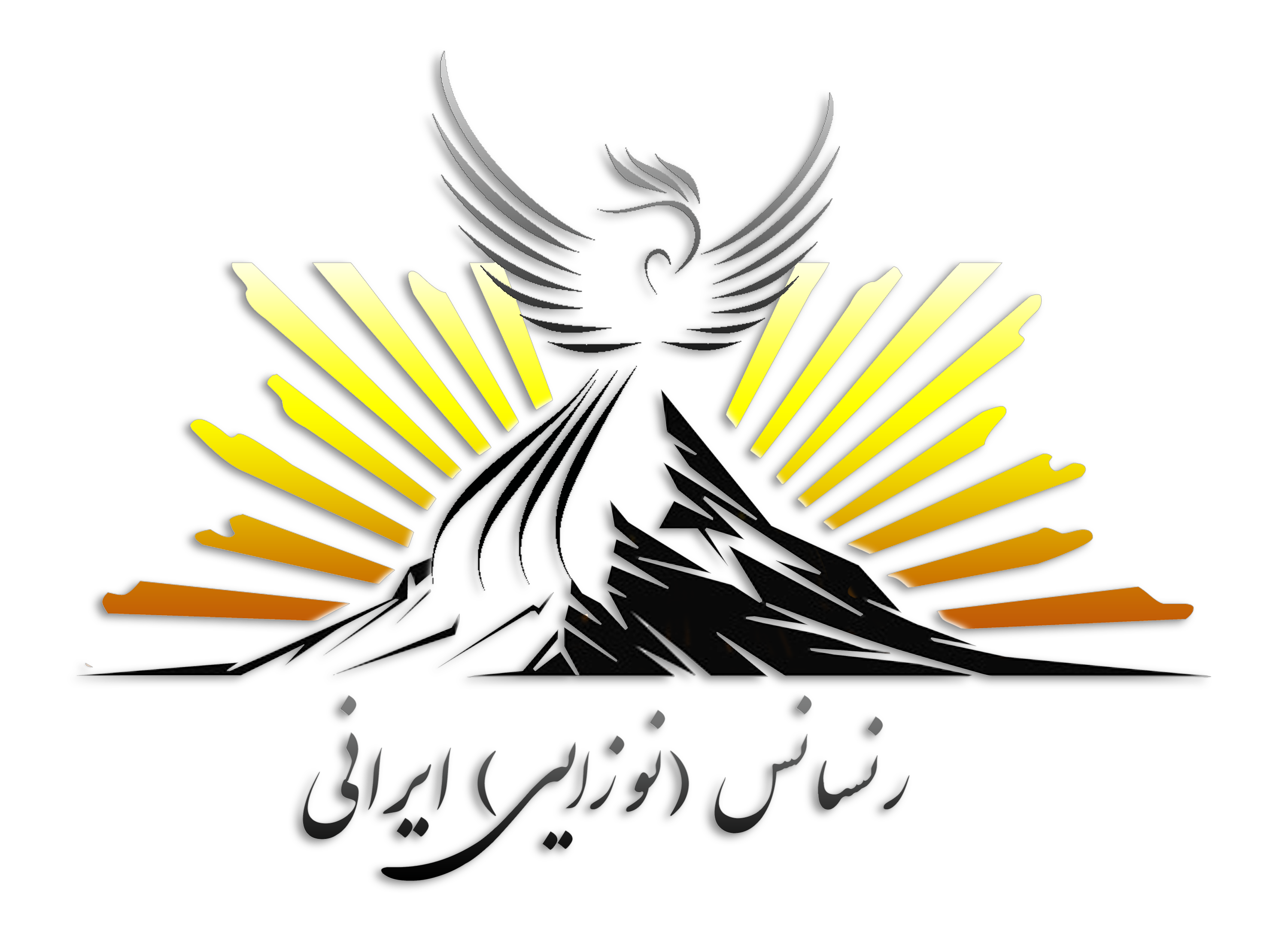Manifest of the Iranian Renaissance Movement
The Iranian Renaissance is a cultural movement, not merely a party or political organization. The problems facing our country are deeper and more serious than political issues. Addressing them requires a cultural revolution on the basis of that part of the Iranian heritage that has been marginalized and excluded by the dominant discourse of Islamist theocracy. We seek an Iranian solution to the current socio-political crisis facing Iran. Our aim is a resurgence of a suppressed Iranian worldview.
1. Culture
1.1 We are heirs to a treasure trove of brilliant ideas and heroic undertakings left to us as a legacy by our forefathers. We call this heritage Farhangé Irânshahri. Excavating this heritage is the first step toward drafting a constitution that establishes a political order wherein Iran would be governed according to Iranian values. Iranians do not need to reinvent the wheel in order to forge a prosperous future for their progeny.
1.2 We believe that the decline and fall of our Iranian civilization is a consequence of abandoning an Iranian worldview in favor of alien ideas that were imposed on our people through conquest and indoctrination. We can thrive socially, ethically, and materially by returning to this worldview, which afforded us centuries of stability during the pre-Islamic period. These are the same resources that once rendered us a great nation, renowned for both its humanistic ideals and material splendor.
1.3 Our forefathers governed Iran on the basis of concepts such as Reverence for Wisdom (Kherad-garâi), Justice (Dâd), and Economic and Social Development (Âbâd-sâzi). Their system of governance provided for the cultivation of humanistic and humanitarian values in Iranian society, such as Tolerance (Ravâdâri), Joyful living (Shâdzisti), Chivalry (Âzâdegi), and Generosity (Daheshmandi).
1.4 The Persian language has, for millennia, served as a cultural foundation for people in diverse regions (the Middle East, Caucasus, Central, and South Asia) extending far beyond the current borders of the nation-state of Iran. This Persiante World or sphere of Iranian Civilization can also be recognized through the observance of Iranian festivals such as Nowruz. Preservation of the Persian language and the commemoration of Iranian festivals can strengthen our mutual resolve for national rebirth.
2. Humanity
2.1 We believe that all human beings are entitled to the freedom to choose their own manner of existence. Together with this entitlement, comes a responsibility to each other in their common endeavor to make this world a better place for mankind. The personal freedom of each citizen of Iran is unconditional up to the point where it threatens the safety of other citizens or the territorial integrity of the nation.
2.2 We admire Cyrus the Great as the first advocate and enforcer of human rights. He established a system of governance based upon the aforementioned concepts of the Reverence for Wisdom, Tolerance, and Chivalry. On the basis of such a standpoint we recognize that people are equal under the law, regardless of their gender, religion, language, and ethnicity.
3. Religion
3.1 In Pre-Islamic Iran, unlike in many other ancient cultures, religious leadership and political power were distinct. We did not have a political leader who was also a religious leader. Theocracy is fundamentally un-Iranian. Consequently so is “secularism”, which is a social and political concept that was framed in a very particular Western context that presupposes Christian theocracy.
3.2 A properly Iranian state recognizes the need of the human individual for freedom in the domain of religious belief and spiritual practice, so long as this personal religious life does not threaten the fundamental principles of the state or the territorial integrity of the nation. No particular sect or creed will be recognized as a state religion or serve as the basis for public policy.
4. Politics
4.1 We envision a centralized and integral Iran, with no federal divisions within the borders of the nation. Every bit of the country belongs to each and every Iranian citizen. We consider the national sovereignty of Iran to be indivisible. Furthermore, we consider it our duty as Iranians to care for people outside of the current national borders of Iran proper who belong to the Iranian family in terms of their ethnic identity, linguistic heritage, common customs, and cultural history. We dream of an Iran that is the core-state of a civilizational sphere as powerful and constructive as in past epochs.
4.2 While we respect and cherish the accomplishments of certain patriotic leaders in the past centuries since the Islamic conquest of Iran, on the whole we consider our governments in the Islamic period to be vastly inadequate and at odds with an Iranian way of thinking. An ideal Iranian government should be administered based on timeless Iranian values such as Justice (Dâdvarzi), Development (Âbâdsâzi), and Chivalry (Âzâdegi).
5. Strategy
5.1 Our preferred methods to reach these national goals are non-violent, cultural and educational in nature. We also believe in steering clear of bigotry, falsehood, and deceit. Time honored Iran-centric values and ideals will be taught to this generation and future generations by being propagated through books, seminars, television programs, and social media.
